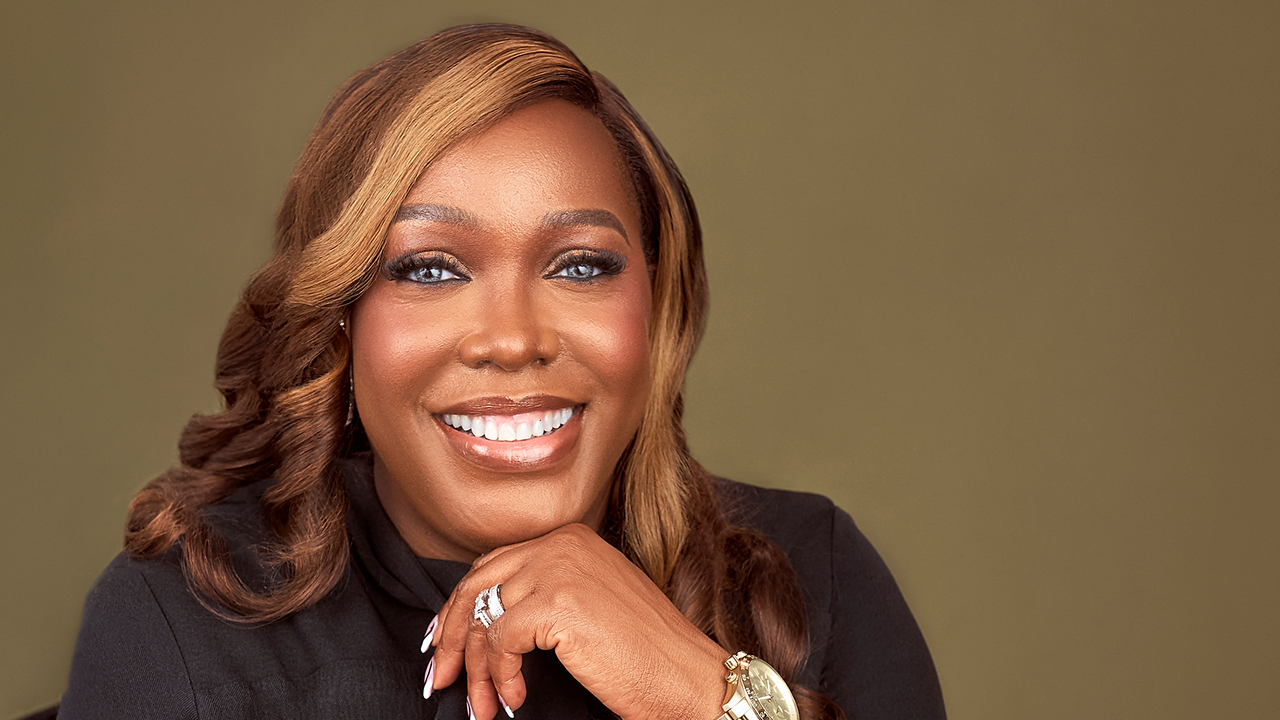The Guardian Woman Festival is a few weeks away and plans are in top gear. With the theme, Women Mean Business, the festival which holds at the Federal Palace Hotel, Victoria Island on the 14th of March is keen on celebrating and connecting women from diverse fields. In the column this week is Dr. Olayemi Dawodu, the Managing Director and Chief Executive Officer of Cerba Lancet Nigeria, as she speaks on her career path and on the theme.
[ad]
My career Journey
Growing up in a middle-class academic-oriented family, my father being a Pathologist, and a Lecturer at Lagos University Teaching Hospital had the most pivotal influence on my approach to life. Intrigued with the pathology museum, slides, microscopes, and surrounded by pathology books at the age of seven, set the tone for the decisions I made regarding my career path. My conviction was consolidated by my discoveries, coupled with my budding passion to make a positive impact in the lives of people. My journey in medicine began at the University of Lagos, where I earned my MBBS degree from the College of Medicine.
To build on my foundational medical training, I pursued further specialisation in Pathology, achieving fellowships in both Anatomic and Molecular Pathology and Laboratory Medicine from the National Postgraduate Medical College of Nigeria and the West African College of Physicians. My early career was marked by stewardship posting in the U.S., where I underwent rigorous training at the Department of Pathology, Indianapolis University, and Purdue University in Indiana, USA. This international exposure enriched my expertise in female genital tract pathology, molecular pathology, and endocrine pathology, particularly with an emphasis on thyroid gland disorders. In 2015, I embarked on an exciting phase of my career when I joined Cerba Lancet Nigeria, a leading healthcare brand in the region and part of the Cerba Lancet Africa group. I started as the Country Histopathologist, my technical expertise in pathology quickly earned me recognition and in 2016, I was appointed MD/CEO of Cerba Lancet Nigeria, where I currently provide strategic leadership, overseeing daily operations, and driving the growth and development of the organisation.
[ad]
What ‘Women Mean Business’ represents for me
Women in business represent a formidable force that focuses on the achievements of women in different niches. It also speaks to the benefits of adopting gender equity, representation, and diversity in the business world. In today’s reality, we are exposed to a myriad of women in various positions within the business world from executive leadership to entrepreneurship. This represents a shift towards gender equity, where women are challenging the status quo, breaking through traditional barriers, and frontiers, and accessing opportunities that were once limited or unavailable to them, which in turn inspire other women to pursue careers and leadership roles. Beyond the individual successes of women, “Women in Business” also speaks to the creativity, unique ideas, perspectives, experiences, and problem-solving skills that women bring to the table. Gender-diverse teams eliminate monotonous discussions and ideas that are not progressive for organisations. This diversity ultimately promotes economic growth by attracting broader opportunities.
How women can continually stay relevant and build a successful business
Women in business bring distinctive qualities that are highly valuable in today’s competitive and ever-evolving marketplace. For example, adopting leadership styles that promote diversity, inclusion, and empathy allows women to build strong relationships with all players within the business world. Apart from creating a healthy work environment that fosters loyalty, and positive engagement, it allows for easy and productive partnerships and collaborations. Women must adopt and stay abreast of emerging trends and embracing new technologies can help to scale businesses more effectively and efficiently. Systemic barriers such as underrepresentation in leadership, limited access to funding can be a challenging path to thread upon, requiring more women to champion investment and serve as ambassadors of the possibilities. By advocating for systemic change through implementing flexible work policies, creating platforms where women can be represented, women will have the same opportunities to succeed and lead as their male counterparts.
[ad]



